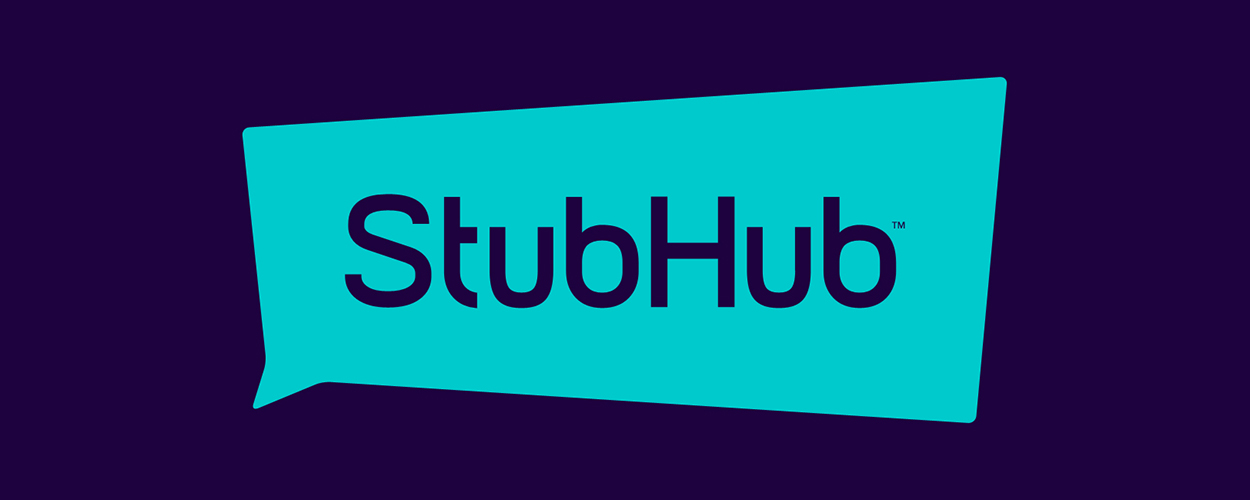This website uses cookies so that we can provide you with the best user experience possible. Cookie information is stored in your browser and performs functions such as recognising you when you return to our website and helping our team to understand which sections of the website you find most interesting and useful.
Business News Legal Live Business
StubHub co-founder calls on CMA to force full sale of StubHub
By Chris Cooke | Published on Monday 16 November 2020

A co-founder of StubHub, Jeff Fluhr, has urged the UK’s Competition & Markets Authority to force Viagogo to fully divest the StubHub business that it acquired earlier this year. He’s also interested in buying his former company. This is all the more interesting because Viagogo is headed up by Eric Baker, the other co-founder of StubHub.
The CMA, of course, has yet to approve Viagogo’s $4 billion purchase of StubHub, because of concerns that – if the two companies are combined – they will totally dominate the for-profit ticket resale sector in the UK. The regulator has said that Viagogo will have to commit to a significant divestment of assets and operations owned by the StubHub business, or the Viagogo business, or a combination of the two, in order to allay its concerns.
With the CMA having already concluded that Viagogo selling the StubHub Europe business was not sufficiently significant, the latest proposal is that Viagogo sell off all but StubHub’s North American division. Although that’s a pretty dramatic proposal, it’s no secret that Viagogo’s main interest in buying StubHub was because its rival is so much bigger in the US.
Fluhr and Baker co-founded StubHub in San Francisco all the way back in 2000. But Baker was pushed out of the company in 2004, subsequently moving to Europe to set up Viagogo. Fluhr then stayed with StubHub until it was bought by eBay in 2007.
Baker was subsequently reunited with his former company when Viagogo announced last year that it had agreed to buy StubHub from eBay. But could it now be Fluhr who is actually fully reunited with the StubHub business via a regulator-forced sale?
In a recent letter to the CMA, which was made public last week, Fluhr argues that the only way to deal with the regulator’s concerns is to block the Viagogo and StubHub merger entirely, ie forcing Viagogo to sell StubHub on. He goes on to argue that any partial divestment of StubHub isn’t viable, for both technical and branding reasons.
“The software technology backbone of the StubHub business is complex and multi-faceted”, he writes. “The system has many components that interact with one another and require sophisticated orchestration to operate and maintain. This technical interconnectedness means that separating the StubHub business into two parts would be prohibitively onerous and unproductive”.
Also, “the StubHub brand is a key asset for the business which has much less value without the brand. It would be untenable for any buyer to share the brand name with the seller. If the StubHub brand were owned by one company in certain geographic markets and a different company in other markets, the experience would be disjointed for consumers. More importantly, the mistakes of one company would damage the brand of the other”.
However, if the CMA was to block the Viagogo/StubHub merger outright, forcing a sale of the whole global StubHub business, who might buy it? Well, Fluhr confirms in his letter that he is a potential buyer. Presumably confident that a forced sale of StubHub in the midst of the COVID pandemic and ongoing live industry shutdown would mean any buyer could acquire the company for considerably less than the $4 billion Viagogo paid for it.
Fluhr’s letter concludes: “It is important that the CMA take swift action in this matter. This urgency is caused by the significant challenges resulting from COVID-19: In order for StubHub to survive through the pandemic, it needs a clear COVID-19 contingency plan, decisive leadership, a lean team and an optimistic yet patient culture. The longer this process goes on without a clear decision, the harder it will be for the divested entity to pull these pieces together and ensure the availability of this ticket marketplace for UK consumers”.





